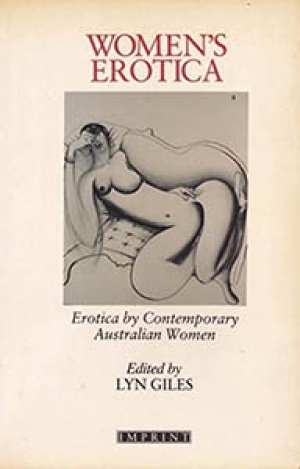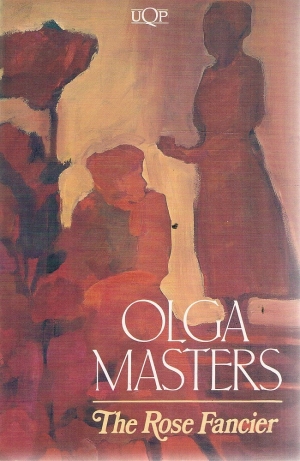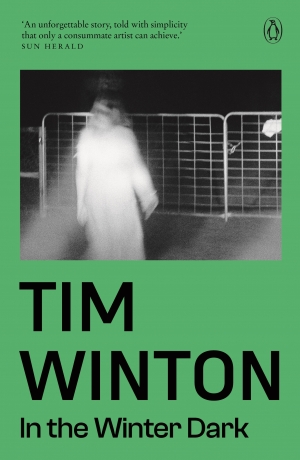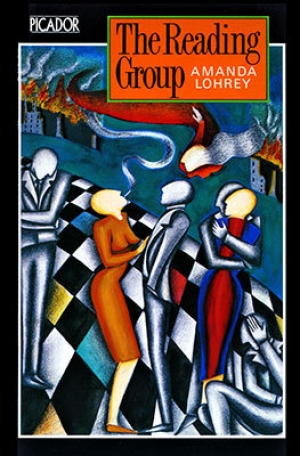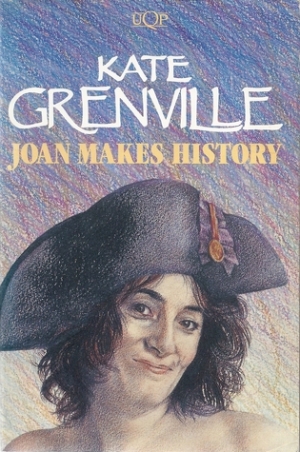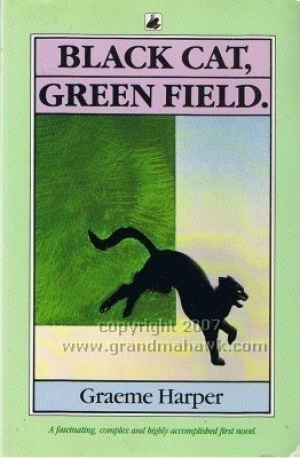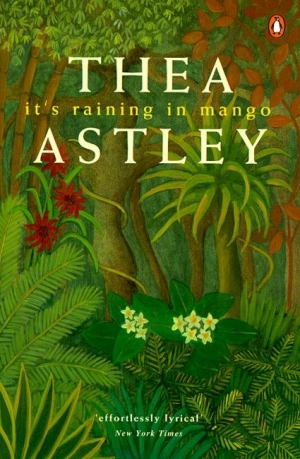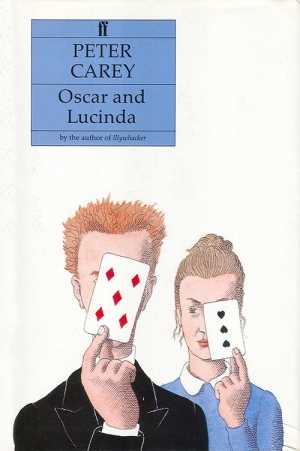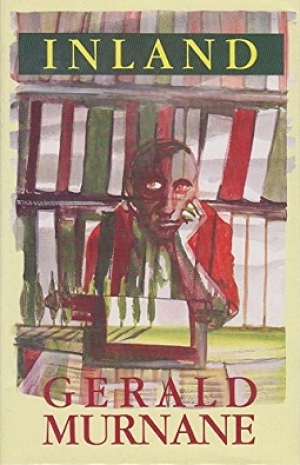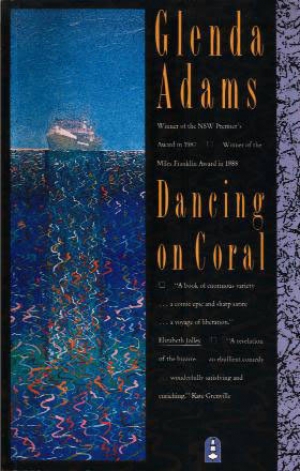Fiction
Janette Turner Hospital reviews 'Women’s Erotica: Erotica by contemporary Australian women' edited by Lyn Giles
The mind, a friend of mine (female) once said to me, is the sexiest organ. I agree absolutely; and this extremely uneven anthology is replete with evidence that what turns us on – in the flesh, in art, in literature – is not genital activity per se, but the reactive imagination.
Of or pertaining to sexual love; arousing or satisfying sexual desire, the Macquarie Dictionary says of erotic, though the Greek erotikas means simply ‘pertaining to love’. The editorial introduction to this book (though, happily, not the actual editorial exercise of selection) opts for the Macquarie’s first definition and interprets it narrowly:
... (read more)I first made the acquaintance of Olga Masters’s writing some years back when a judge of the NSW Premier’s Literary Awards, for which her collection of stories The Home Girls had been submitted. I was immensely impressed by the control, passion, and implicit violence of the stories, and was of the impression that the book should win. But another judge, of considerable seniority, carried the day with the opinion that all the stories in the book were ‘at the same pitch’. It seemed to me at the time, and still does, that her objection could equally be levelled at, say, Flannery O’Connor or Dubliners, but that’s water under the bridge.
... (read more)Place and the specifics of place are supremely significant in Tim Winton’s writing. It has established the South-west corner of Western Australia as its region, and the elements of that area, sea, sky, and forest, recur in his stories, images of an ultimate if unknowable meaning in the world. The people of Winton’s fiction live outside cities, immersed in their natural environment, from which the best of them learn as they struggle to make sense of their lives. Physical and metaphysical frontiers give Winton’s work its special flavour. Placed as they are, closer to nature than culture, his characters and the events of their stories develop beyond the boundaries of what we ordinarily know of ourselves and how we understand the world around us.
... (read more)Do people still have reading groups? I suppose they do. I wonder what people in them read these days. Foucault? No, that’s surely passe. Do they have reading groups about novels which read novels about reading groups which don’t read novels? Perhaps. And would that qualify as meta-literature about meta-theory? Probably yes, especially if you were in a post-Foucault reading group about novels. I’m a pre rather than post person myself:
When I was ‘younger, and less cynical’, like Lohrey’s characters, reading groups gathered in dingy terrace houses at night to wade through a suitably weighty tome of Grand Social Theory. Marx’s Capital was always a favourite. Young aspiring male intellectuals, accompanied by transient and sometimes bewildered female companions, sparred with one another until alcohol or other substances opened a trail to the record player and another favourite game of one-upmanship, ‘have you heard … ’ rather than ‘have you read … ’ More rigorous groups were dry, or so I’m told.
... (read more)Soul-searching about our past is the new literary fashion. It is the period in which the breast-beaters, the moral Pharisees, are driven to tell us how, unlike their predecessors, they have political and moral virtue. The Aborigines, women and ordinary people have become the ‘goodies’, and all those who ignored them in their books or their teaching have become the ‘baddies’. The winds of change are blowing over the ancient continent.
... (read more)Set in New South Wales during the turbulent years of 1916–19, Graeme Harper’s Black Cat, Green Field evokes the period with particularity and jaggedness. The first of the novel’s five parts introduces the central character: Sidney Nelson, recently wounded in Gallipoli, and now living in Sydney. A former art student, he is yearningly aware he could instead have been in the Paris of Picasso and Gris. He is also a ‘black cat’, a supporter of the radical industrial Workers of the World and when, in the closing months of 1916, the ‘Twelve’ I.W.W. members are sent to prison and police harassment intensifies, the organization goes underground and Nelson loses friends and contacts. Feeling jaded and devoid of artistic inspiration, he decides to leave Sydney and, after a false start, moves up to the north coast of NSW to stay near his sister May. The ‘black cat’ is going to paint the ‘green field’.
... (read more)As I became more and more engrossed in this wonderful novel, I asked people I came across ‘Thea Astley?’ And they’d answer vaguely ‘I keep meaning to read her’ or ‘she’s meant to be good’ or ‘I don’t know why I haven’t, she’s written quite a few, hasn’t she?’ Who does read Thea Astley? Me, now; and people I come across will. I’ll make sure of it.
... (read more)From short stories Peter Carey has proceeded to long novels. This is his third. It is dense with incident and meticulously delineated characters who drop in and out of the narrative, always with a purpose. In some ways it is as surreal as Bliss, in others as naturalistic as Illywacker ...
... (read more)Some of the narrators of Gerald Murnane’s novels and stories tend to view oceans and coastlines with the fear and loathing of flat earth believers. Just the whiff of the sea breeze is enough to spoil the day for them, the grit and the glare of sun-touched sand distresses them and they speak with contempt of the ‘idiot noise’ of the sea and of those who swim and play in the waves and on the beaches. Seaside holidays, they imply, are for frivolous people stupidly turning a blind eye to the ocean’s treachery – its dark moods, its black holes, and its sinister capacity to gnaw at and dissolve something as solid as rock.
... (read more)Elizabeth Jolley reviews 'Dancing on Coral' by Glenda Adams
A mixture of courage and an innocent hopefulness seem to be the necessary ingredients for finding rewards and compensations during the painful searching after self-knowledge. Lark Watter, the student daughter of Henry and Mrs Watter, embarks, as so many do, on the voyage of self-discovery.
... (read more)
